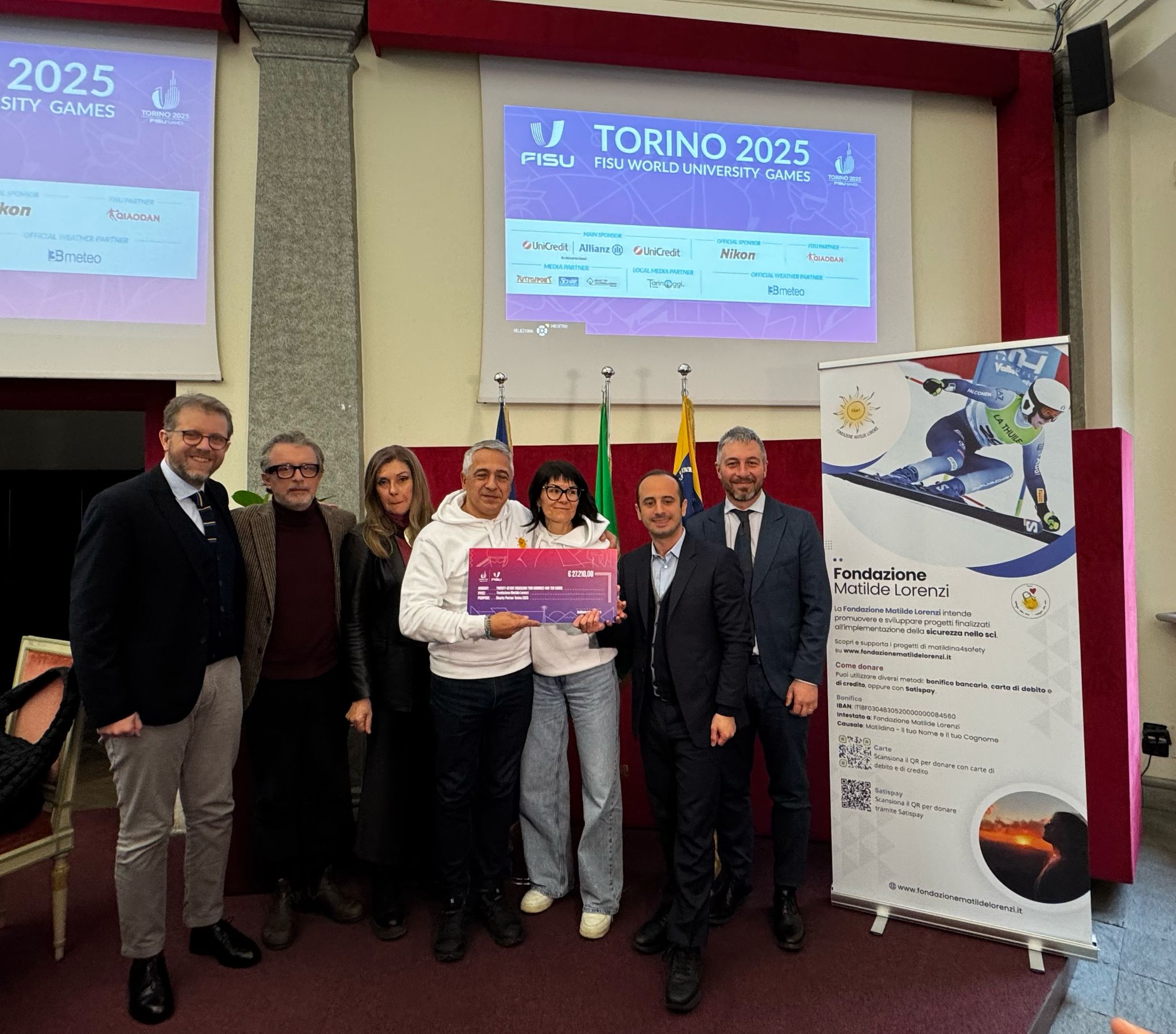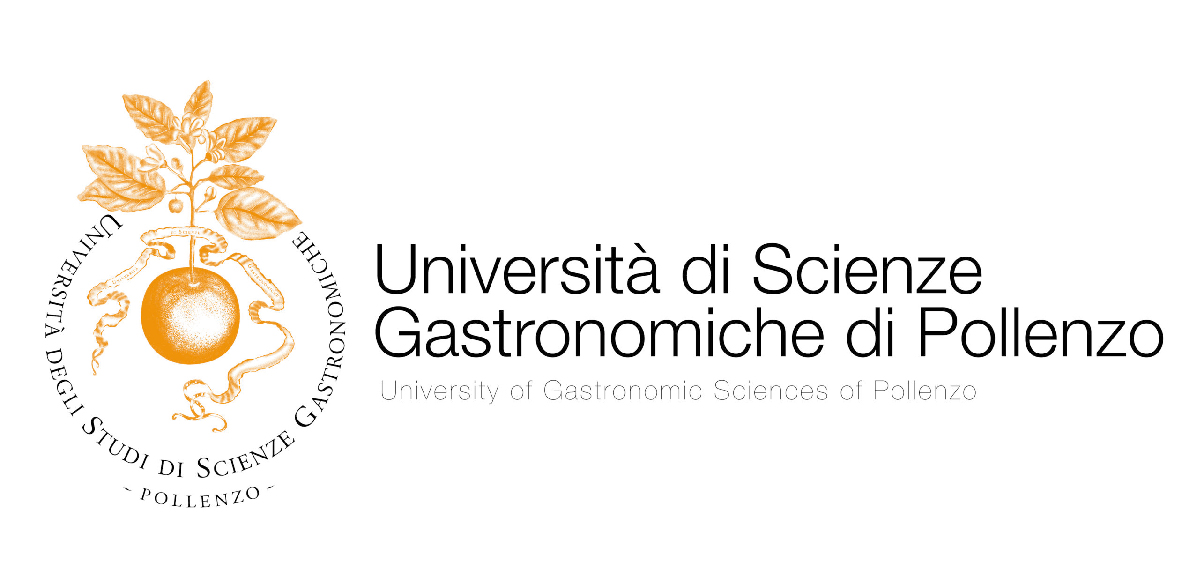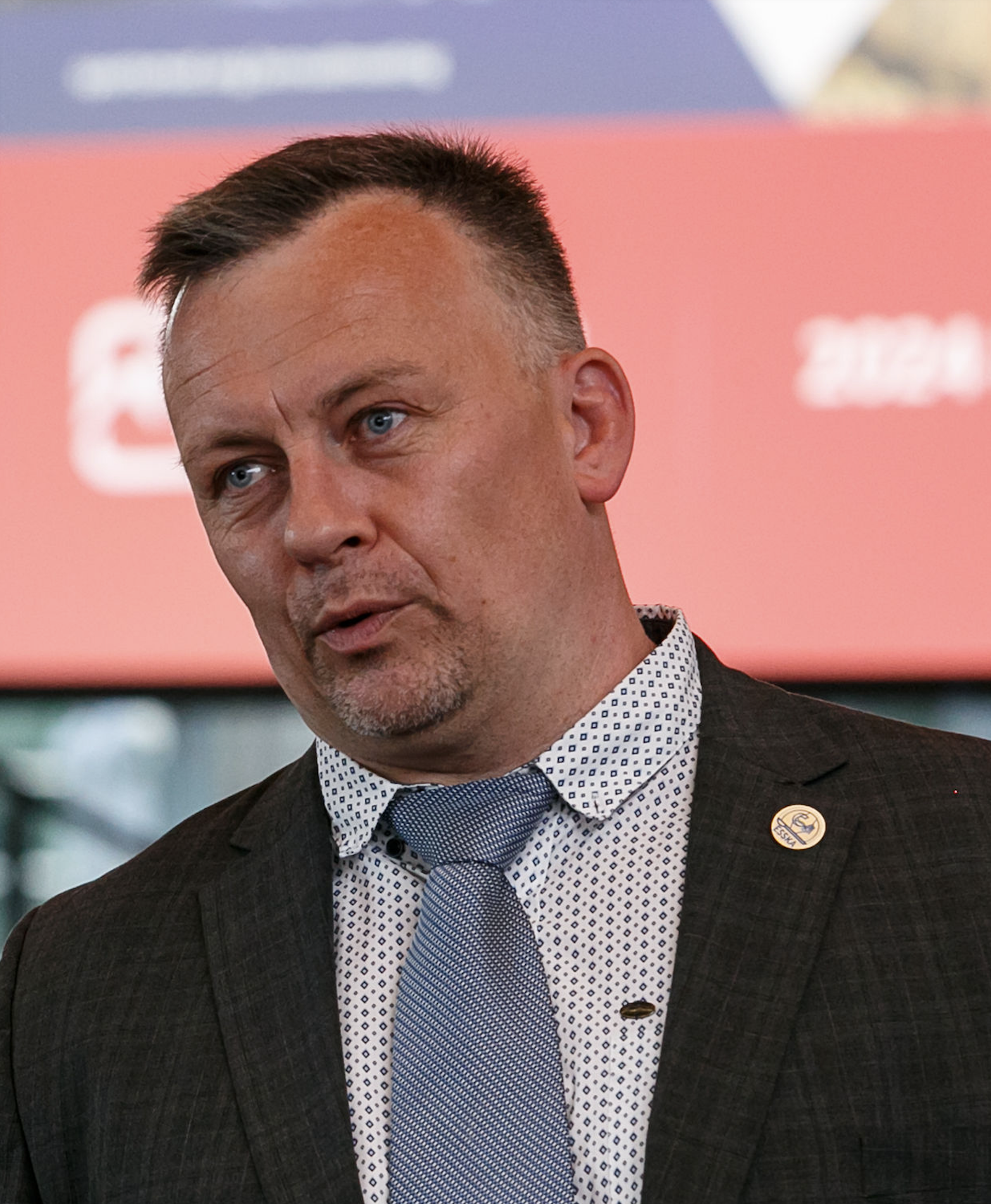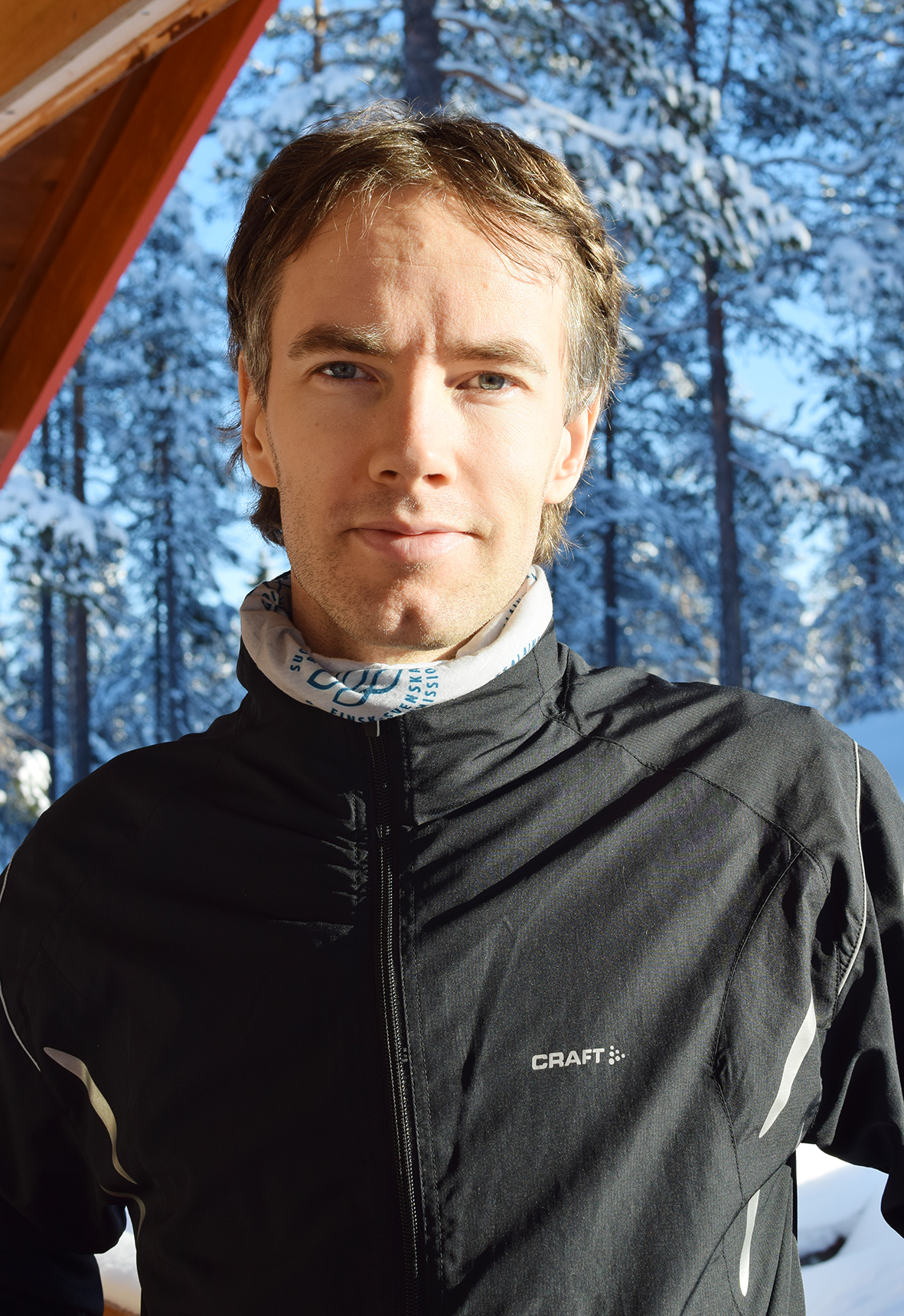In line with the Torino 2025 FISU World University Games, FISU, the International University Sports Federation, has offered the Torino2025 Organising Committee the great opportunity to host the Torino 2025 FISU World Conference, a high-profile international scientific event with the ambitious objective of creating a networking platform for scientists where they can present and promote their research on scientific innovations aimed at the sustainable development of winter sports.
The title of this edition is The Sprint Generation, with Sprint as an acronym for Sport- Risk- Innovation- Technologies. The event featured illustrious names from the scientific, academic and sports communities, thanks to the involvement of the Piedmontese university network, including the University of Torino, the Politecnico di Torino, the University of Eastern Piemonte and the University of Gastronomic Sciences.
The event was held on 14 January 2025 at the Torino Lingotto Congress Centre with the contribution of the Torino Chamber of Commerce.
Four ‘lectio magistralis’ (technically keynote lectures) were delivered in the morning by four world-renowned researchers: Yannis Pitsiladis, Professor at the Department of Sport, Physical Education and Health at the University of Hong Kong; Daniel Svensson, Associate Professor of Sport Sciences at Malmö University and Guest Professor at the University of Torino; Anna Bjerkefors, Associate Professor at the Swedish School of Sport and Health Sciences (GIH) and affiliated with the Karolinska Institute; and Maria Fiorenza Caboni, Professor in the field of Nutrition, Science and Technology at the University of Bologna.
Numerous topics were discussed, ranging from wearable sports equipment capable of treating the wearers (or, at least, monitoring their health) to the challenge of sports nutrition, in particular the distinction between good and bad fats, designed to ensure better sports performance. Other key subjects included the use of big data and artificial intelligence to support sports, as well as the growing importance of disciplines for athletes with disabilities.The latest sophisticated technologies aimed at improving accessibility for athletes with disabilities in both competitive and recreational sports were also presented.
In the afternoon, a roundtable discussion followed, focusing on the highly topical issue of new insights and perspectives in winter sports injury prevention and management (‘New insights in winter sports injury prevention and management’). Simultaneously, parallel sessions were conducted directly by the universities, each focusing on one of the core Sprint themes, with the aim of presenting local innovations and projects developed by academic institutions. The Politecnico’s research teams dedicated to sports issues were also prominently featured, with a dedicated space to present their work and draw attention to the racing team, as well as to projects involving two-wheeled vehicles and even nautical applications.






















